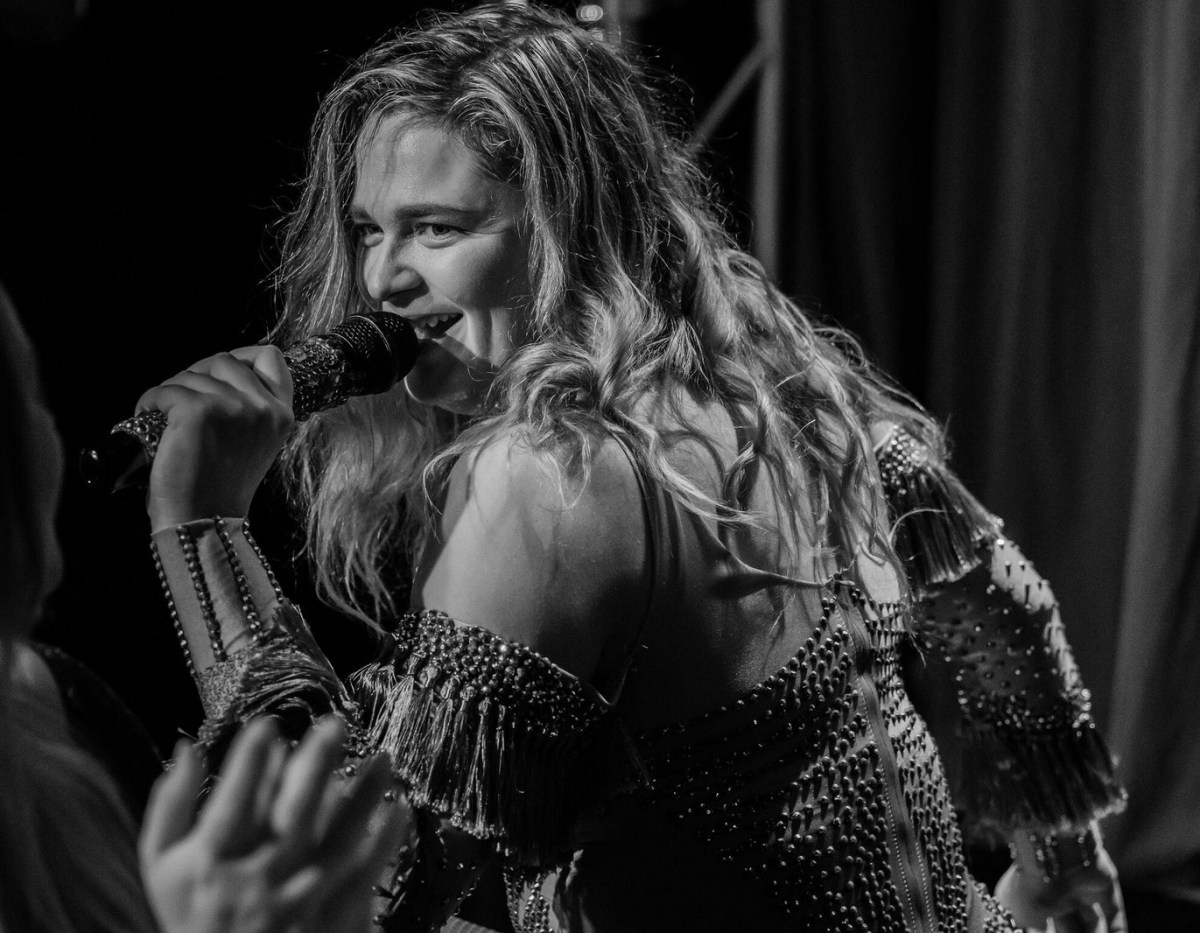One of the strangest moments of my artistic career came last year, on the final night of a successful run of the show I’d produced.
Now, this sparkly baby wasn’t just a passion project. It had been more like a passion marathon, but I’d run the marathon in stilettos and one of those clanky Victorian deep sea diving suits. As co-owner and show producer, I’d actually quit my sensible day job in order to put it on stage.
And we’d done it! Despite it all, we’d produced a sold out season. Every night had been a riot of effervescent sparkly catharsis for cast and crowd. I should have been stoked.
Instead, I stood on stage for the bows and thought, ‘I never want to do this again’.
Weird, huh? Not exactly the moment of jubilant satisfaction I’d been expecting. Everything had gone perfectly. And yet here I was, feeling about as buoyant as a pinata at the end of a kid’s party onslaught.
I spent most of the next lockdown trying to work out why I felt like a popped balloon animal. How can you achieve something you’ve wanted and working for all year – only to turn around and vow never again?
It wasn’t until months later that I realised that the clue was in the name: passion project.
See, ‘passion’ is a loaded word. We think of passion as some kind of ever-renewing spring located inside us. It’s where artists are supposed to drink from. Like we all have some internal, eternal Trevi Fountain, sculpted in a white marble plaza beneath our spleen. Whenever we’re tired, we just drink from the eternal fountain and re-emerge refreshed and revitalised.
But actually, I don’t think passion is a self-renewing eternal spring. I’d been treating it as one, imagining that – no matter tired or overly consumed I was – I could always drink from it.
Read: How portfolio careers can lead to happiness
Turns out, my passion is probably more of a bank balance. Something finite and spendable. And I hadn’t recognised this at the start, because I’d had so much of it that I thought it would go on forever. But just ask MC Hammer, you can still go broke after being a multi-millionaire.
And I managed to spend every last cent of my enthusiasm.
In fact, I’d say the chances of you spending every cent of your enthusiasm on your passion project are much higher than they’d normally be.
Not only will you likely be doing everything yourself to save time and resources but you’ll probably also want to do it all yourself, because no one gets your vision like you do.
Unlike with a normal project, a passion project is made in your image. It becomes not just work, but an extension and proof of your worth as an artist and person. So you put far more of yourself into them, and draw on your reserves of passion much more fervently.
But however much enthusiasm you’ve banked, if you have to spend it on an equally huge amounts of work, then you’re going to go broke. You’ll be like me – staggering over the finish line feeling broken and bitter that everyone else seemed to enjoy this except you.
Read: How to run an indie record label that endures
But the good news is when you recognise that enthusiasm isn’t a Trevi fountain, it’s much easier to budget it.
I know budgeting is a far less sexy metaphor. It conjures up images of those people who go on about spending $2.50 a month on coffee and making their own deodorant.
But it’s an essential distinction for us to get our heads around as creatives.
How else do you understand there are some parts of the process that will build up our passion bank? And there will also be parts that drain your balance so dry that you swear on the soul of your beloved dead dog you’ll never crawl into this fiery circle of hell again (Hello, Facebook ads manager). And that instead of expecting passion to spring eternal, we need to both build it up and spend it wisely.
It was only after I got my head around this that I could re-inflate myself.
Filling myself up on passion boosting parts, and learning to cut out the items that were too expensive on my enthusiasm. And it worked! We’ve just launched our next season of Club Burlesque, and I’m bouncing around with enthusiasm like an over caffeinated Tigger.
But it was an important realisation that while creative passion can be our greatest strength, it can also be our greatest weakness.
And we have to learn to manage it right, otherwise we end up getting killed by our own darlings.
Written by Verity Johnson and first published by The Big Idea.





